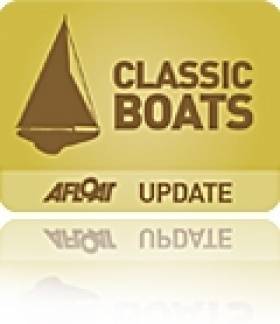Displaying items by tag: Vandalism
Benone Strand Lifeguard Unit Vandalised Twice In A Week
#Benone - The RNLI beach lifeguard unit on Benone Strand on the North coast has been vandalised for a second time in a week.
During what is traditionally one of the RNLI lifeguard’s busiest weeks of the year, the charity’s lifeguards discovered on Wednesday morning (1 July) that vandals had damaged the exterior of the beach lifeguard unit for a second time within a week.
The railings around the exterior of the hut had been badly bent, a ventilation fan on the roof of the unit had been broken off, and fencing leading up to the unit that protects the surrounding dune system had also been broken.
The RNLI are working closely with the PSNI in an attempt to prevent further damage being done to the beach unit throughout the summer.
"It is estimated that repairs to the beach lifeguard unit will run into hundreds of pounds for the charity, as the railings, fencing and ventilation fan will have to replaced and fitted," said RNLI lifeguard supervisor Tim Doran.
"While our lifeguards are on duty many people come up to the units for assistance and advice and they are easily identifiable. We hope that these acts of vandalism will cease and that our lifeguards can continue to operate from them safely when carrying out their lifesaving work."
Vandals Damage Dover's Bronze Age Boat
#BronzeAgeBoat - Dover's replica Bronze Age boat has been moved to a secure location after being vandalised, according to Kent Online.
It's reported that a tent covering the vessel on the port town's Roman Lawn was damaged, and saw marks were made on one side.
The incident comes just days ahead of the launch of a campaign to fund works on the historic boat - a half-size replica of one built some 3,500 years ago - to make it seaworthy after it sank in the Dover docks last year.
A similar project in Cornwall saw the fruit of its own restoration work this past March, when their 50ft Bronze Age boat was set afloat in Falmouth.
As previously reported on Afloat.ie, the Cornish boat is crafted from two giant oak logs and using tools similar to what boat builders of the time world have used in the post-Neolithic era.
























































